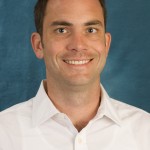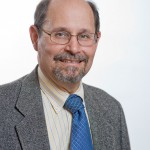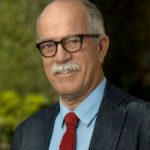Beyond housing: Providing services, support for the homeless
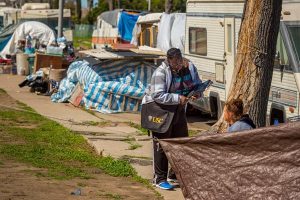
On March 7, Los Angeles voters will decide Measure H, a quarter-cent sales tax to fund homeless services. The vote comes four months after voters approved a bond measure to build housing for chronically homeless people. Measure H would generate $373 million a year to fund support social services for the Los Angeles County homeless population, estimated at over 47,000 last year.
An interdisciplinary team of USC experts is working with the Los Angeles Homeless Services Authority on this year’s Greater Los Angeles Homeless Count to provide an accurate estimate of the area’s homeless population and identify its greatest needs. Based on the data gathered, the USC researchers will recommend solutions to address the needs of the homeless and reduce the prevalence of homelessness. The results of their studies and analyses will be released this spring.
Below are members of USC’s expert advisory panel involved in this year’s homeless count. This is the second of two releases highlighting the USC researchers who are focused on homelessness.
Contact: Ronald Mackovich at (213) 810-8583 or ronald.mackovich@usc.edu, or Emily Gersema at (213) 361-6730 or gersema@usc.edu
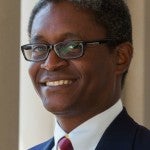
“Measure H represents a landmark for the region in trying to help reduce homelessness in a meaningful way. The resources will provide needed housing and shelter for the homeless, but the measure will also allow for the expansion of services such as job counseling, substance abuse treatment and support for families.”
Raphael Bostic is director of the Bedrosian Center on Governance at the USC Price School of Public Policy and holds the Judith and John Bedrosian Chair in Governance and the Public Enterprise. For three years under the Obama administration, Bostic was the assistant secretary for policy development and research at the U.S. Department of Housing and Urban Development.
Contact: (213) 740-1220 or bostic@usc.edu
“Homeless youth are easily victimized, so they try to hide in plain sight. They don’t tend to sleep in camps near busy streets.
“If you can accurately count them, you can make arguments for social services for those young people and drive resources toward that population.”
Eric Rice is an associate professor at the USC Suzanne Dworak-Peck School of Social Work and an expert on youth homelessness.
Contact: ericr@usc.edu or (213) 821-4292
“The Veterans Administration spends $137,000 per year on each homeless veteran. But homelessness is rarely the only problem. There are mental and physical health issues, legal troubles and substance use.
“I hope this survey will help people understand the complexity of the issue, which is a uniquely American problem. We can’t adopt European models here because of major cultural differences, but we shouldn’t act like no one can solve this problem.”
Carl Castro is an assistant professor at the USC Suzanne Dworak-Peck School of Social Work and director of the Center for Innovation and Research on Veterans & Military Families.
Contact: cacastro@usc.edu or (213) 821-0900
“At USC, we have a range of expertise at the university both on methodology and on substance that will help us refine the research and to capture more people in the count. We take an interdisciplinary approach to this very diverse, complicated problem that has so many aspects to it — housing, jobs, social structure and race. To be able to quantify it will give us a sense as to what the solutions should be. We will learn where affordable housing is most needed and the health problems that we should address.”
Michael Cousineau is a professor of Clinical Preventative Medicine at Keck School of Medicine of USC, and a leading expert in the health needs of homeless populations.
Contact: cousinea@usc.edu or (323) 442-8249
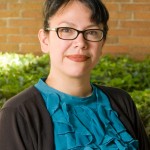
“We see so many more women now who are chronically homeless. They need different services. The survey will show us who the people living on the streets really are so we can better serve them. The count helps dictate policy and determines how much money is allocated to each miniscule service area.”
Nicole Esparza is an associate professor at the USC Sol Price School of Public Policy. She has substantial understanding of homeless populations and service networks particularly in Los Angeles County.
Contact: neesparz@usc.edu or (213) 821‑4237
“We can work with religious communities and churches around the city to identify underutilized properties. There are hundreds if not thousands of these properties around the city that could be converted or developed for housing. USC has the research power to study and address homelessness. Also, we bring to bear the power of an institution that can broker, host or convene the major players who can tackle these problems together.”
Jim Burklo is Associate Dean of Religious Life at USC. Reverend Burklo helps organize student groups to address social issues including homelessness.
Contact: burklo@usc.edu or (213) 740‑6110

